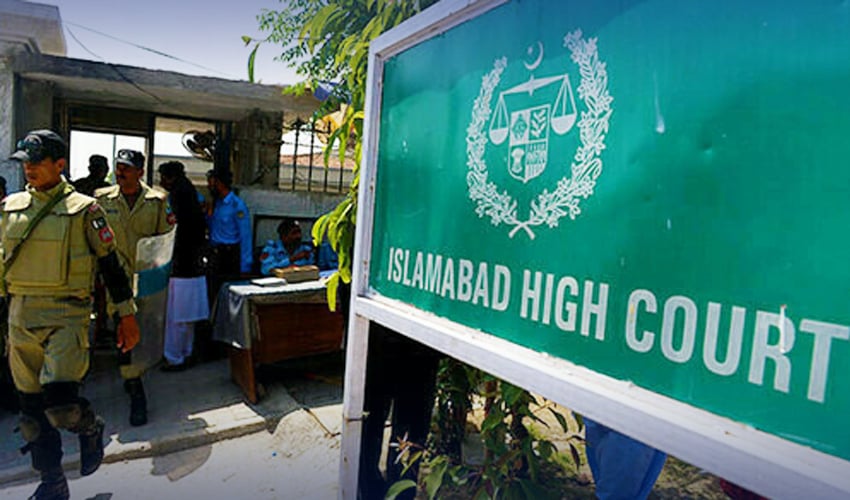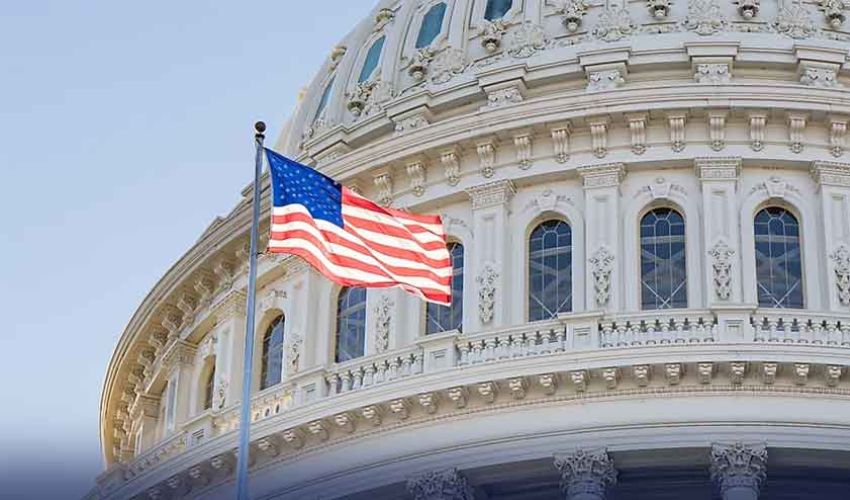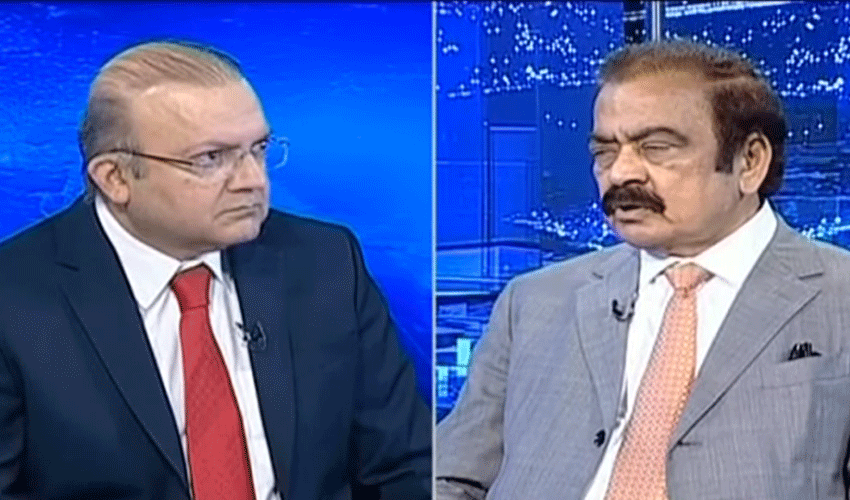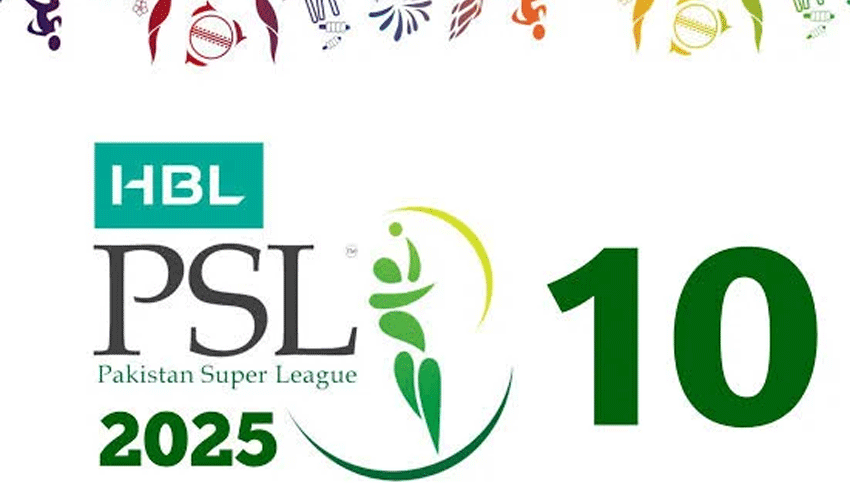The Islamabad High Court has issued a detailed hearing order in the ongoing case concerning the repatriation of Dr. Aafia Siddiqui from the United States.
Justice Sardar Ijaz Ishaq emphasised the need for greater accountability from Pakistani officials, particularly the country’s ambassador to the US, who he remarked failed to play a frontline role in efforts to secure Dr Siddiqui's return.
The court questioned why the Pakistani ambassador avoided key meetings with members of Congress held between December 3 and 11. It instructed the relevant embassy to clarify why the ambassador refrained from participating in these discussions by the official delegation.
According to the hearing order, the Pakistani embassy in the US played a supporting role in facilitating meetings with members of Congress. However, the court noted that the ambassador’s lack of direct involvement hindered these efforts. The Ministry of Foreign Affairs was directed to obtain a comprehensive explanation from the Pakistan Embassy in the US and submit a report.
The court remarked that it is against the law to avoid the meetings over the fear of it being perceived as America's interference in internal affairs.
The court also inquired about the number of foreign visits made by the prime minister and the foreign minister since the mercy petition for Dr Siddiqui was filed. It sought details on whether these visits contributed to her case.
The Foreign Ministry informed the court that no response had been received to a letter sent by the Pakistani prime minister to the US president regarding Dr Siddiqui's case. The court expressed dissatisfaction, emphasizing that a more proactive approach was required from both the embassy and the Pakistani government. It sought a response from the Foreign Ministry to the declaration of Dr Aafia Siddiqui's lawyer in the US.
Dr. Siddiqui's sister, Dr. Fawzia Siddiqui, raised concerns about her own ability to advocate for her sister's case. She informed the court that her visa application to the US had been denied and feared she might face further obstacles in attending meetings scheduled for January.
Justice Sardar Ijaz Ishaq urged the Foreign Ministry to assist Dr Fawzia Siddiqui and ensure that she does not face unnecessary difficulties in her travel plans. The court emphasised that every effort should be made to enable her participation in discussions critical to her sister’s case.
The court has fixed January 13 as the date for the next hearing and directed all concerned parties to present detailed reports on their efforts to address the matter.



























